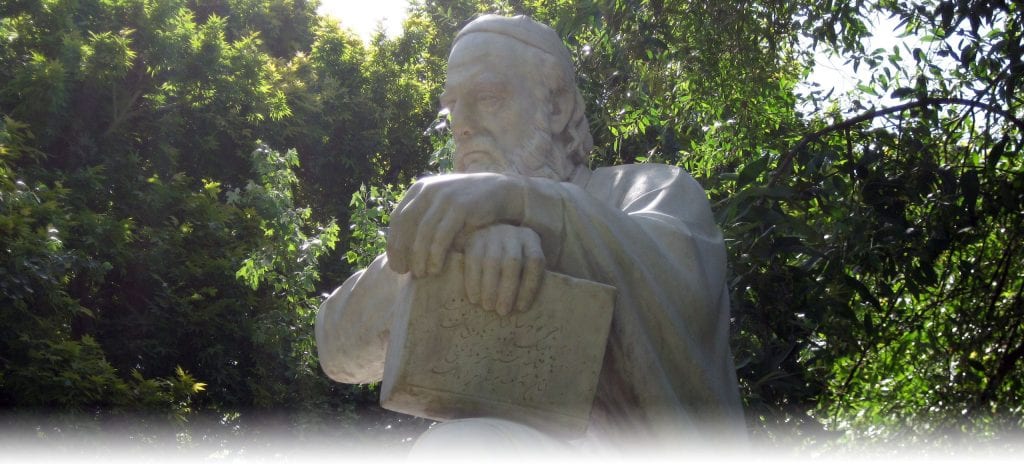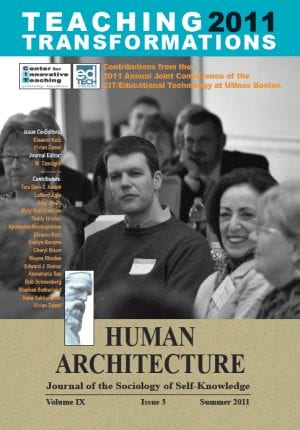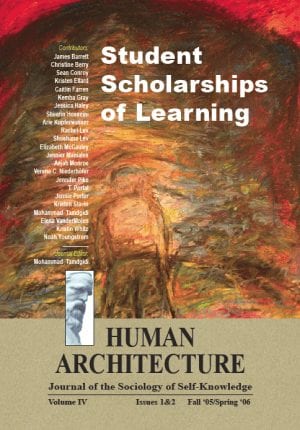Journal Article — Why Is It Important to Teach about Race, Caste and Gender?: An Anthropologist’s Viewpoint — by Tara Devi S. Ashok
$15.00
This paper deals with the question of why it is important to teach about race, caste, and gender, when so much has already been written.
Description
Abstract
This paper titled, “Why Is It Important to Teach about Race, Caste and Gender?: An Anthropologist’s Viewpoint” by Tara Devi S. Ashok deals with the question of why it is important to teach about race, caste, and gender, when so much has already been written.
I have attempted here to emphasize more the biologically-based, underlying mechanisms with regard to ethnicity, caste and gender.
They are not so clearly understood, though these are simply variations in nature, which produce diversity in morphology and health patterns, allowing the human genome to be analyzed at all these levels.
Therefore, it helps in the understanding of the phylogeny, patterns of migration and disease associations, and gene-environmental interactions. On the one hand we humans have so much diversity, but on the other a commonality, so that we can be useful to each other as members of the same species, the Homo sapiens.
Scientists of repute have also not dealt with these concepts well. Therefore, the “race” word has to be dropped and ethnicity embraced. All humans irrespective of ethnicity, caste, gender and class should be at par with each other. Because class has less biological connotations, it has not been included in this paper.
Therefore, imparting the knowledge that would make the seeker wiser is the goal of teaching about the above concepts. I hope that one day we all will feel connected.
Recommended Citation
Ashok, Tara Devi S. 2011. “Why Is It Important to Teach about Race, Caste and Gender?: An Anthropologist’s Viewpoint.” Pp. 71-79 in Teaching Transformations 2011: Contributions from the May 2011 Joint Annual Conference of the Center for Innovative Teaching (CIT) and Educational Technology (EdTech) at UMass Boston (Human Architecture: Journal of the Sociology of Self-Knowledge: Volume IX, Issue 3, 2011.) Belmont, MA: Okcir Press (an imprint of Ahead Publishing House).
The various editions of this issue of Teaching Transformations 2011 can be ordered from the Okcir Store and are also available for ordering from all major online bookstores worldwide (such as Amazon, Barnes&Noble, and others).




